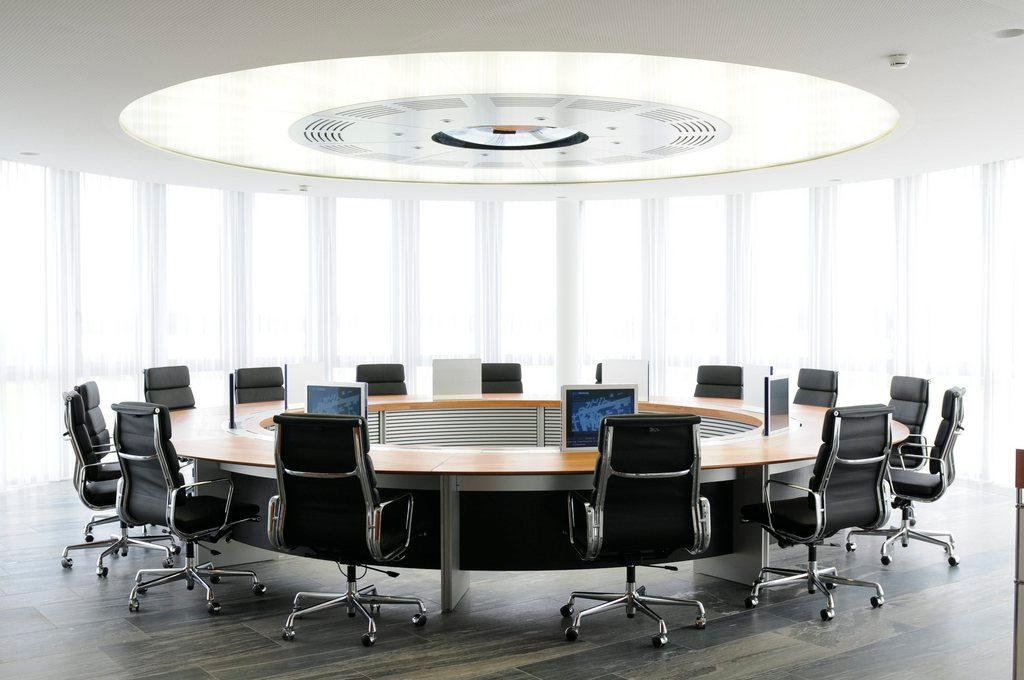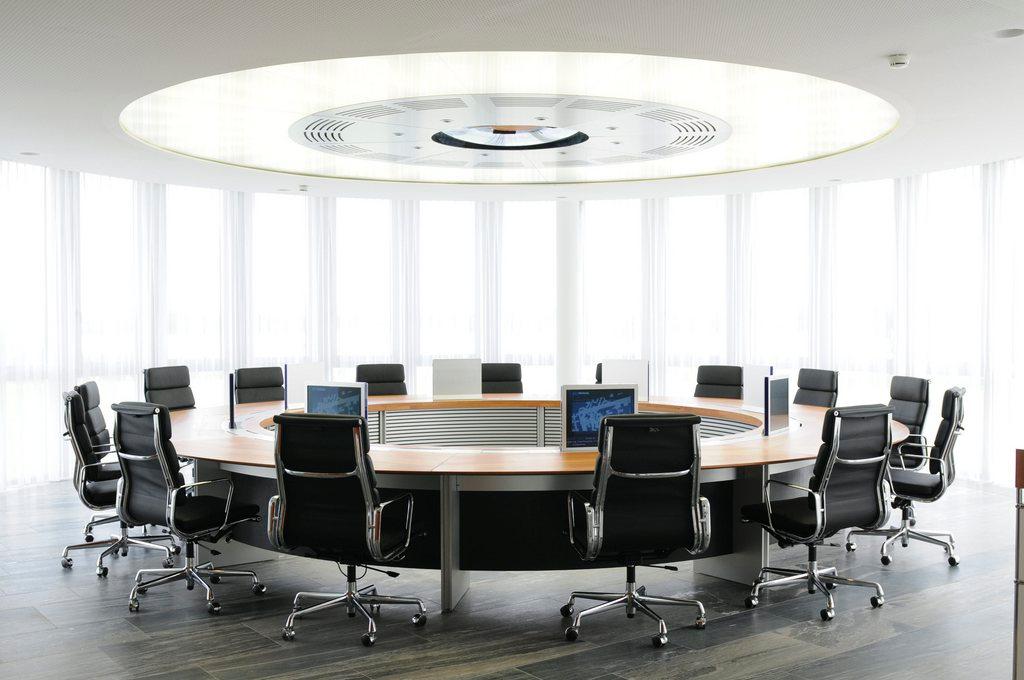Cabinet backs quotas for women in boardrooms

The Swiss cabinet has embraced non-binding quotas for women on company boards and top executive posts at major listed companies, joining a campaign in Europe to dilute the traditional male dominance of senior jobs.
Women should occupy 30% of the seats on boards of directors and 20% of top management jobs, the cabinet said on Friday, adopting guidelines that now will be drafted as legislation to be presented to parliament.
It stopped short of imposing binding quotas used in other European countries. Companies that fail to meet the target would just have to explain themselves and outline plans to comply.
The law could have a significant impact in Switzerland, where few women occupy top posts in leading companies including UBS, Novartis and ABB. Efforts to use purely voluntary targets have largely failed.
The cabinet watered down initial thoughts of having 30% quotas at both board and top management level.
“The situation at executive board level differs from that for boards of directors because members require more specific specialist and industry knowledge,” it said in a statement.
Binding quotas
Some 60% of listed companies have no women on their boards, Justice Minister Simonetta Sommaruga said when the cabinet proposed draft legislation a year ago.
Women occupied just one in six executive board seats among the 20 biggest listed companies in Switzerland, according to a study by the Swiss employers association and the independent wealth manager zCapital last year.
Switzerland’s Green Party, which has long campaigned for binding quotas on company boards, has said the measure does not go far enough.
In 2003, Norway became the first country in the world to impose a gender quota, requiring at least 40% of public limited company board members to be women. Other countries, including France, Spain, the Netherlands and Germany, have followed suit.

In compliance with the JTI standards
More: SWI swissinfo.ch certified by the Journalism Trust Initiative




You can find an overview of ongoing debates with our journalists here. Please join us!
If you want to start a conversation about a topic raised in this article or want to report factual errors, email us at english@swissinfo.ch.